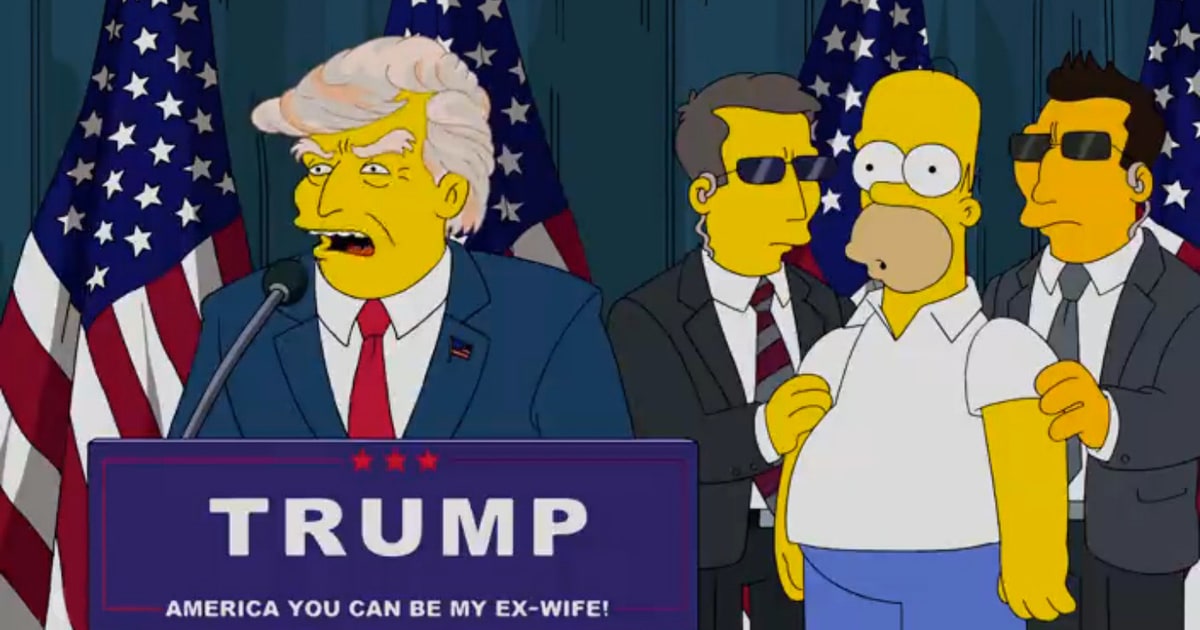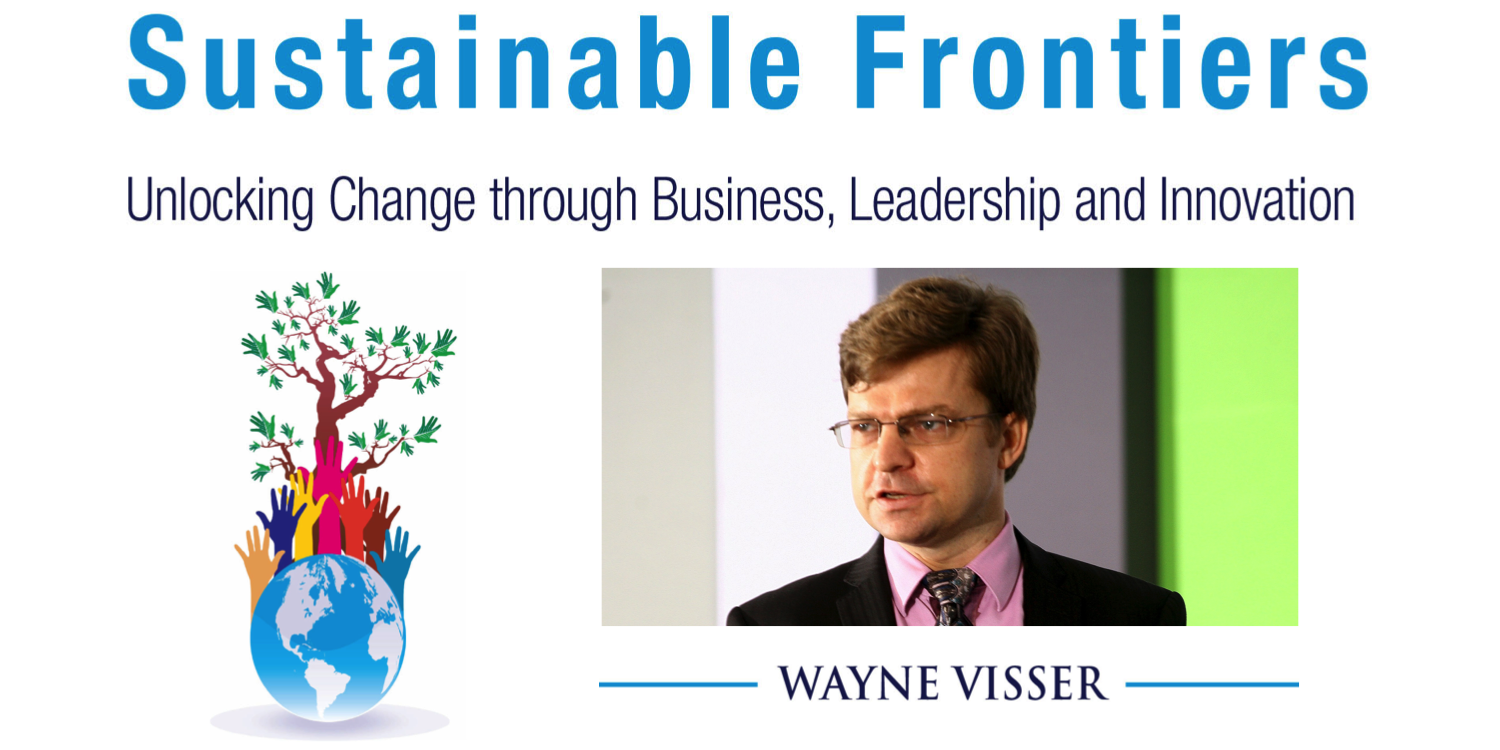Take me to your leader –
No, not him, for he acts on a whim
Not him, for he cares not for you
Or me, do you not see?
He cares only for himself:
His plans and his power
His fans and his tower
Is he really your pick?
Take me to your leader –
But not him, surely not him
Take me to your leader –
No, not her, for she’s known to defer
Not her, for she speaks not for me
Or you, is it not true?
She speaks only for herself:
Her pawns and her pleasure
Her scorns and her treasure
Is she really your choice?
Take me to your leader –
But not her, surely not her
Take me to your leaders –
No, not them, for they will never bend
Not them, for they act not
On our behalf, are you having a laugh?
They act only for themselves:
Their game and their betting
Their fame and their getting
Are they really who you choose?
Take me to your leaders –
But not them, surely, not them
Take me to your leader –
Yes, she who cares and he who dares
Yes, she who serves and he who deserves
Our loyal pact, is that not a fact?
For they are wise who help others rise:
With hands used for lifting
Through sands ever shifting
Will you rise with the tide?
Take me to your leader –
Yes them, surely them
Take me to your leader –
Ah yes, now I see, who else could it be?
I see now, the leader is you
For you are one of us
Who cares for us and understands:
Our fears and our flying
Our tears and our trying
Ah yes, you have my support
Take me, as our leader –
And I will gladly follow
Wayne Visser © 2024
Book
Seize the Day: Favourite Inspirational Poems
 This unique collection brings together poems for positive action by poet and writer, Wayne Visser, providing inspiration for all those who a striving to change the world for the better. The anthology includes perennial favourites such as Be An Optimist, A Place to Thrive, Think on Business, To Lead, Giving Up, It’s Time, A Swirling Story, Because I Care, and, of course, Change the World (Parts 1 and 2), as well as more recent poems like A Butterfly Appeared, The Great Outdoors, and Letter to Earth. Buy the paper book / Buy the e-book.
This unique collection brings together poems for positive action by poet and writer, Wayne Visser, providing inspiration for all those who a striving to change the world for the better. The anthology includes perennial favourites such as Be An Optimist, A Place to Thrive, Think on Business, To Lead, Giving Up, It’s Time, A Swirling Story, Because I Care, and, of course, Change the World (Parts 1 and 2), as well as more recent poems like A Butterfly Appeared, The Great Outdoors, and Letter to Earth. Buy the paper book / Buy the e-book.










